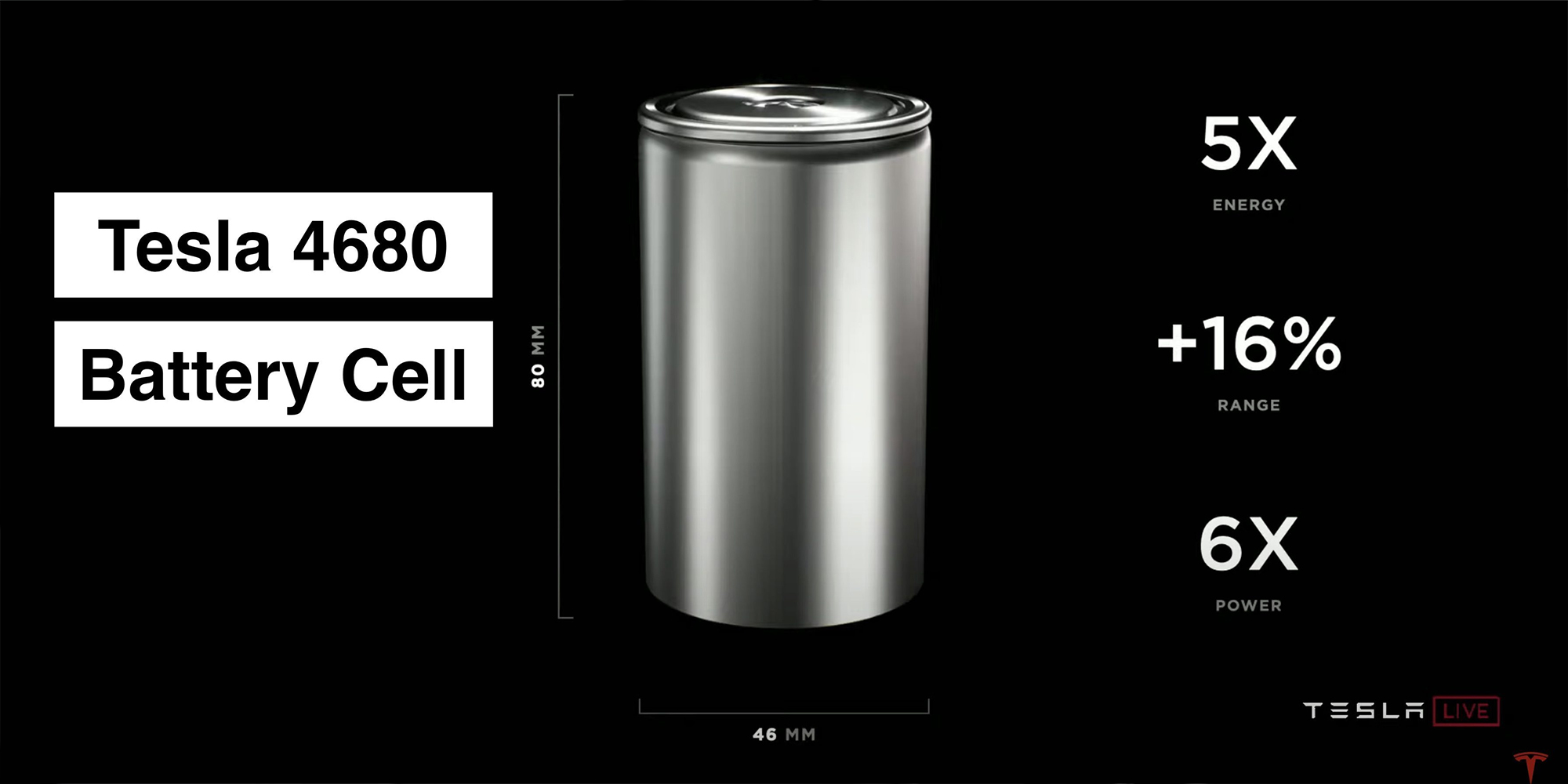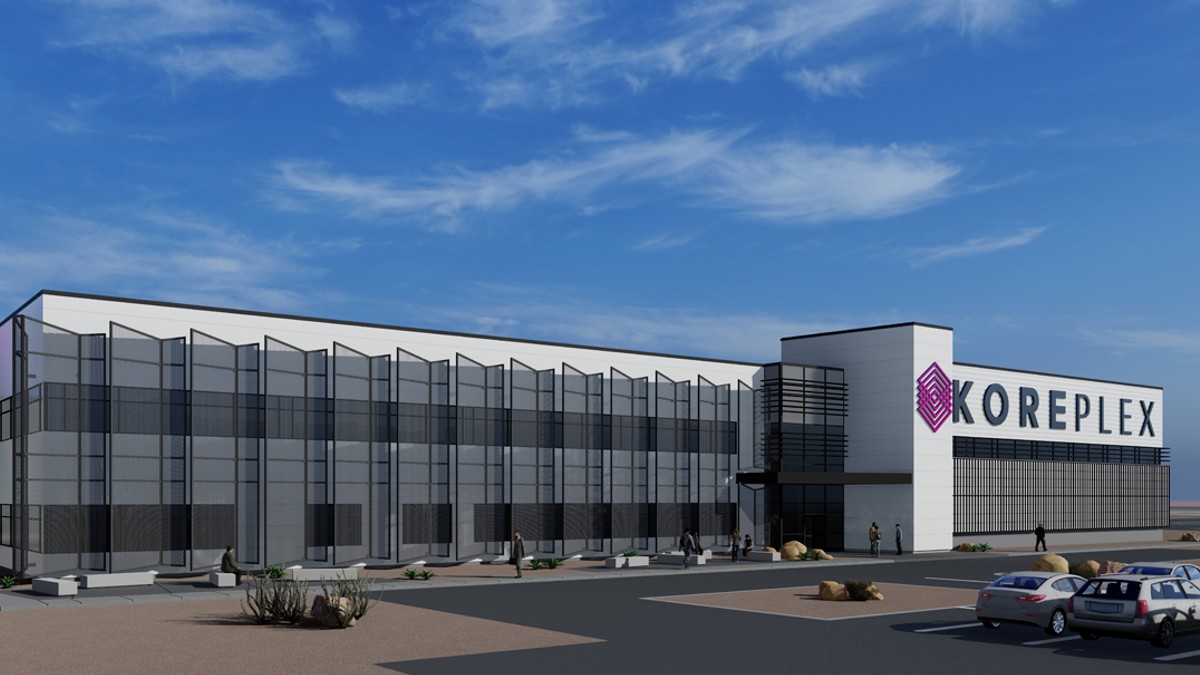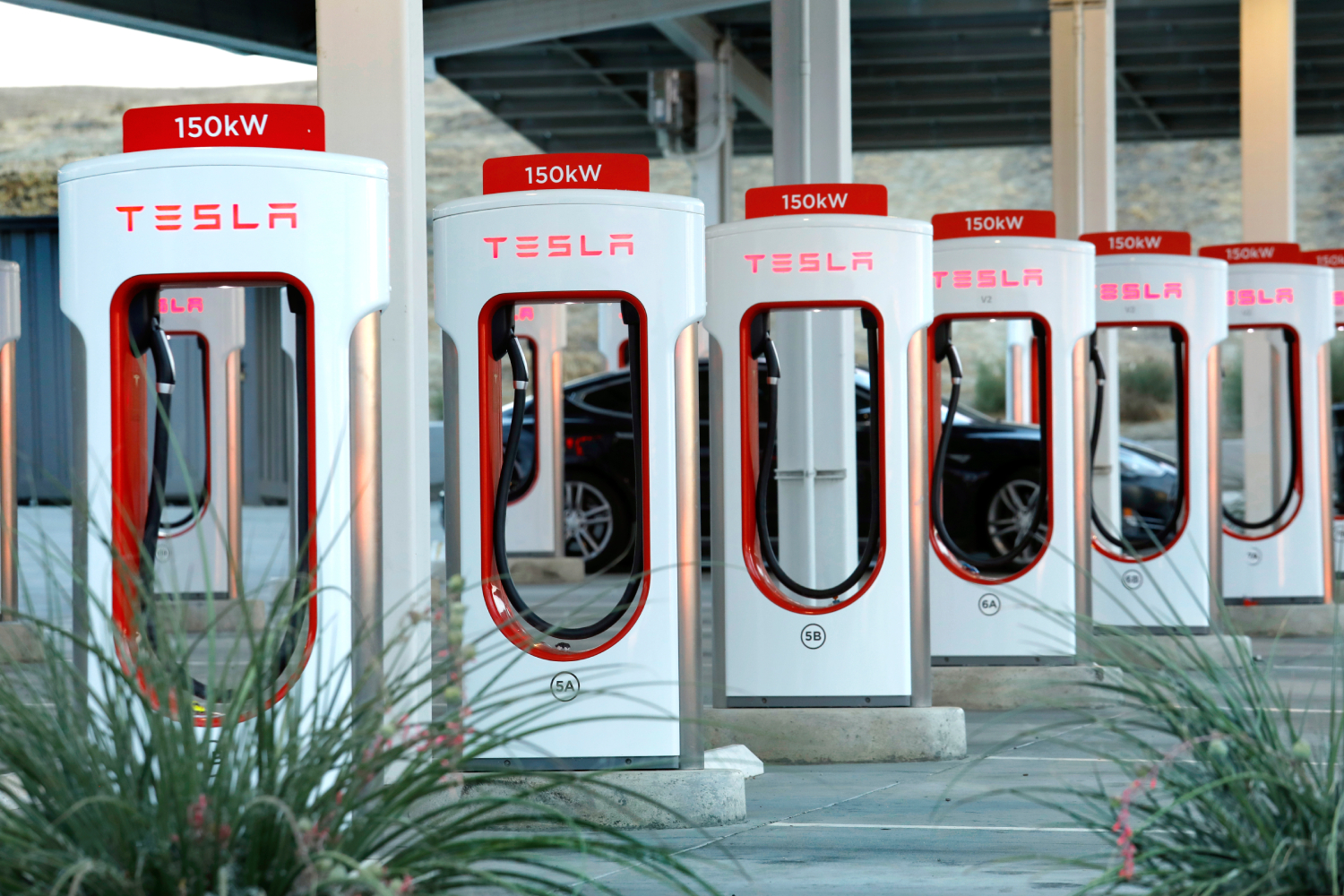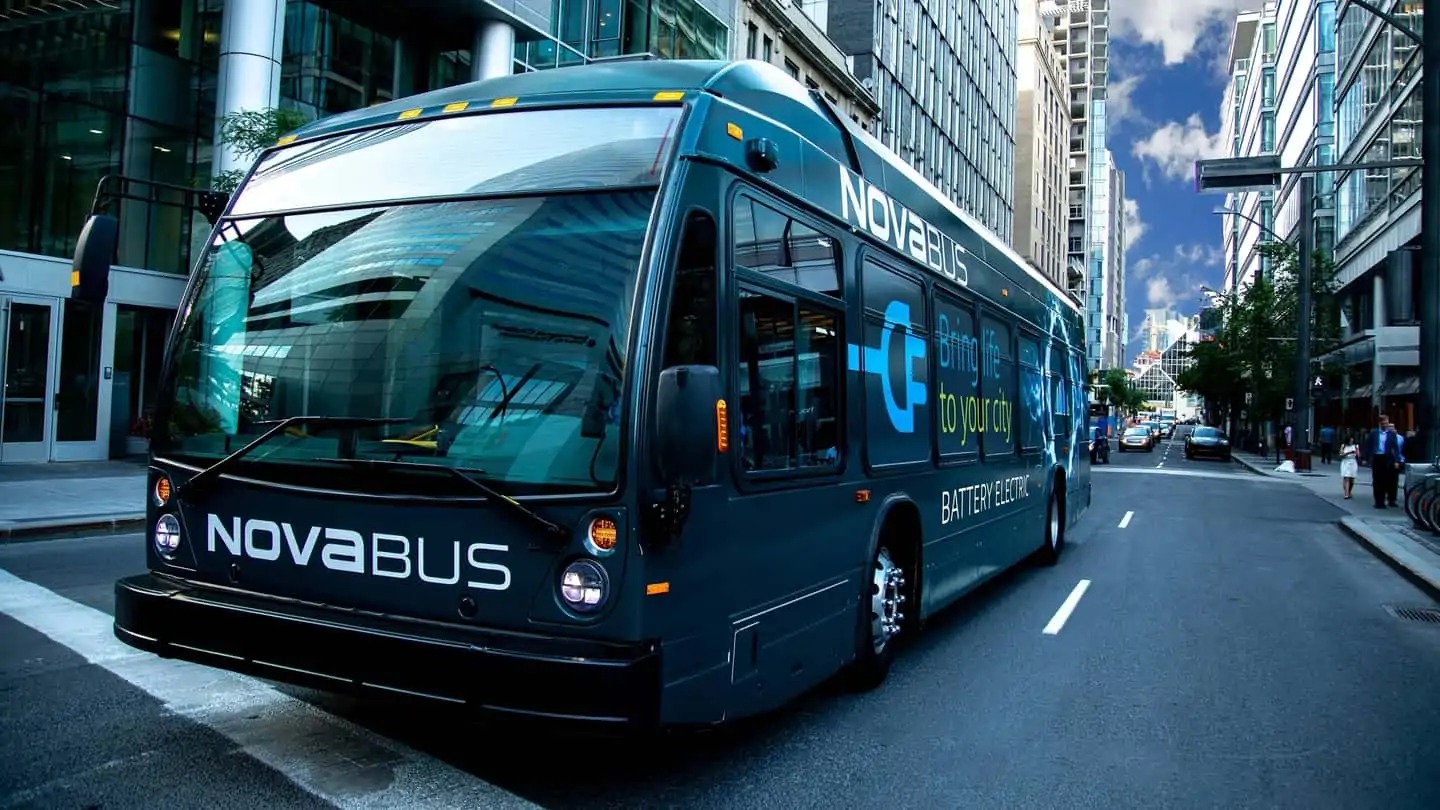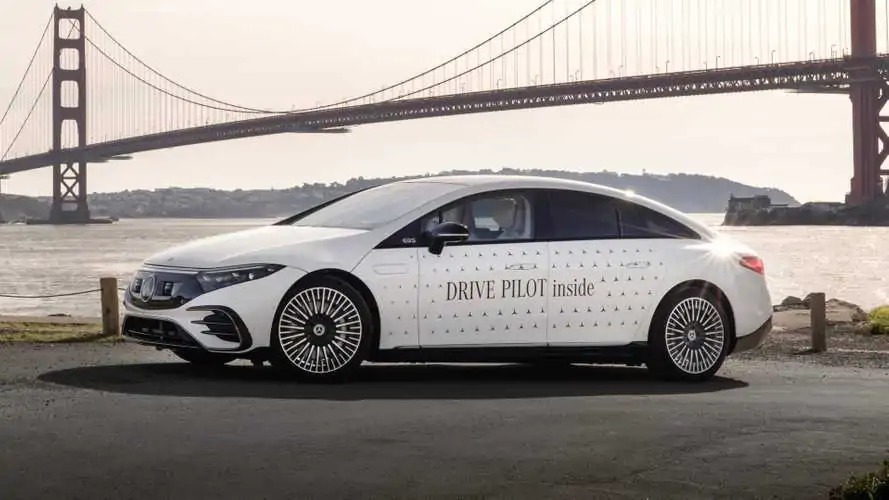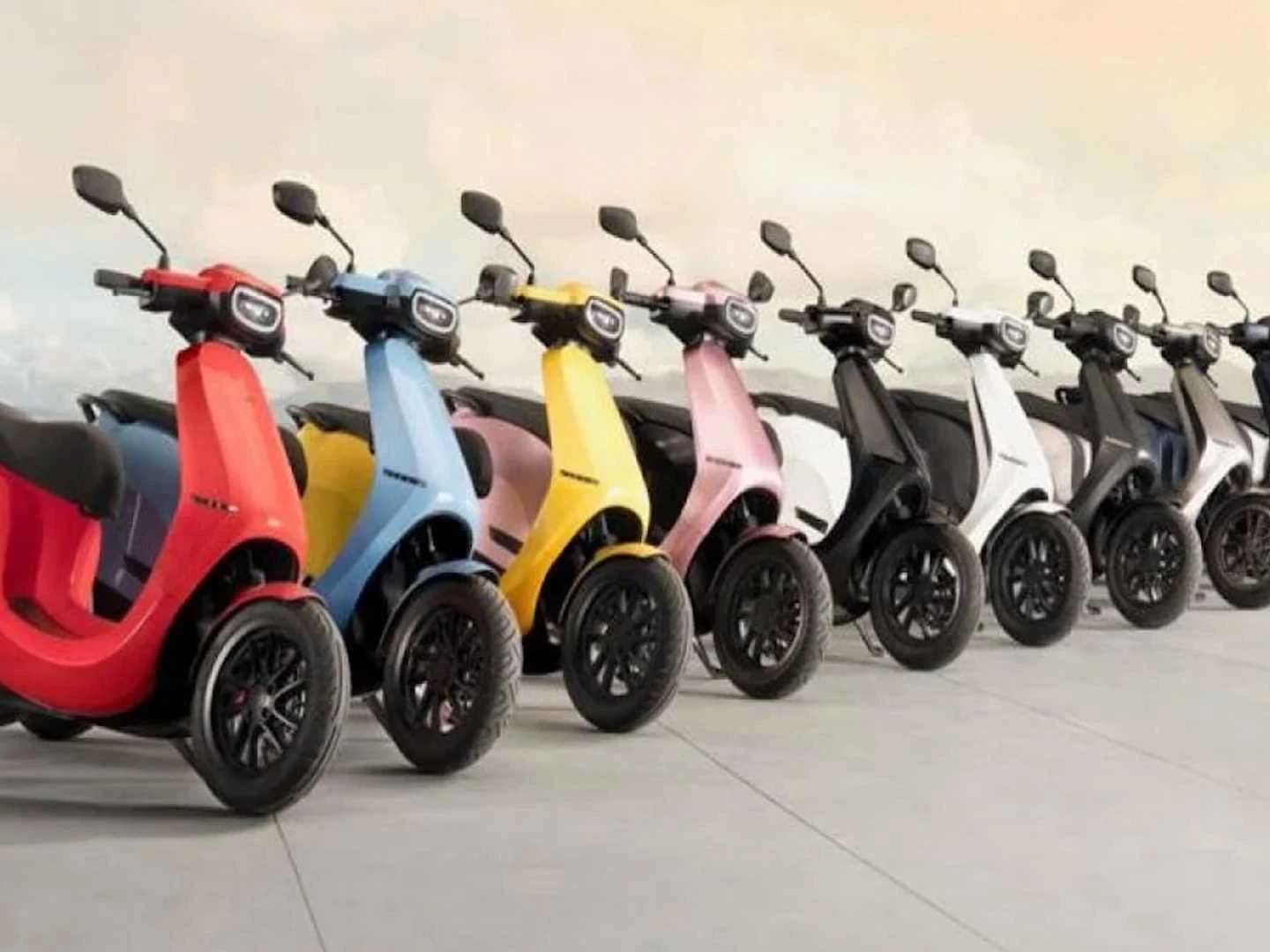According to recent reports, Tesla has secured a new location in Fremont, California, to further enhance its production of the 4680 battery cell. This move marks a significant step for the electric vehicle manufacturer, as it delves into manufacturing its own battery cells for the first time.
Previously, Tesla had relied on external suppliers for its battery cell needs. However, the introduction of the 4680 battery cell prompted the company to establish its own production facilities. Initially, Tesla commenced production at a facility in Fremont, situated near its automotive factory. Furthermore, the company is expanding its battery cell production capabilities on a larger scale at the Gigafactory in Texas.
The latest update reveals that Tesla has secured a new building in Fremont, as reported by the San Francisco Business Times. The electric vehicle giant has signed a lease for 48401 Fremont Blvd., an advanced manufacturing facility spanning 210,000 square feet. Prologis, a San Francisco-based industrial real estate investment trust, owns the property.
Interestingly, the new building is conveniently located across the street from Tesla’s existing pilot production plant for the 4680 cells in Fremont. This proximity suggests that the company aims to optimize its operations by keeping its battery cell facilities in close proximity.
The Business Times reports that the recently secured facility will serve as a crucial hub for Tesla’s expanded 4680 cell production. Sources with direct knowledge of the deal reveal that the facility will support the manufacturing of Tesla’s 4680 battery cell technology. These cells, known for their improved efficiency and longer lifespan, are expected to play a pivotal role in the company’s upcoming launch of the highly anticipated Cybertruck later this year.
It is worth noting that Tesla’s initial 4680 battery facility in Fremont was referred to as a “pilot factory.” Despite this label, the facility boasted an impressive planned production capacity of 10 gigawatt-hours (GWh), surpassing the output of numerous standard battery factories.
With its latest expansion in Fremont, Tesla is demonstrating its commitment to advancing battery cell technology and achieving greater vertical integration. By producing its own battery cells, the company aims to enhance the efficiency, range, and overall performance of its electric vehicles, while also reducing its reliance on external suppliers.
As Tesla continues to push boundaries in the electric vehicle market, its expansion into battery cell production signifies a notable milestone in the company’s pursuit of sustainable transportation solutions.

